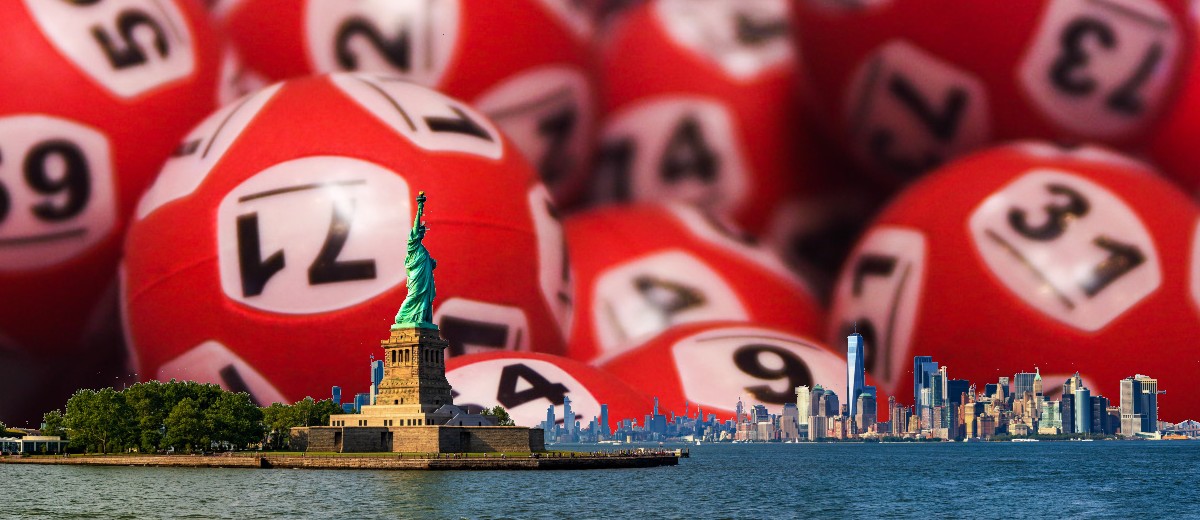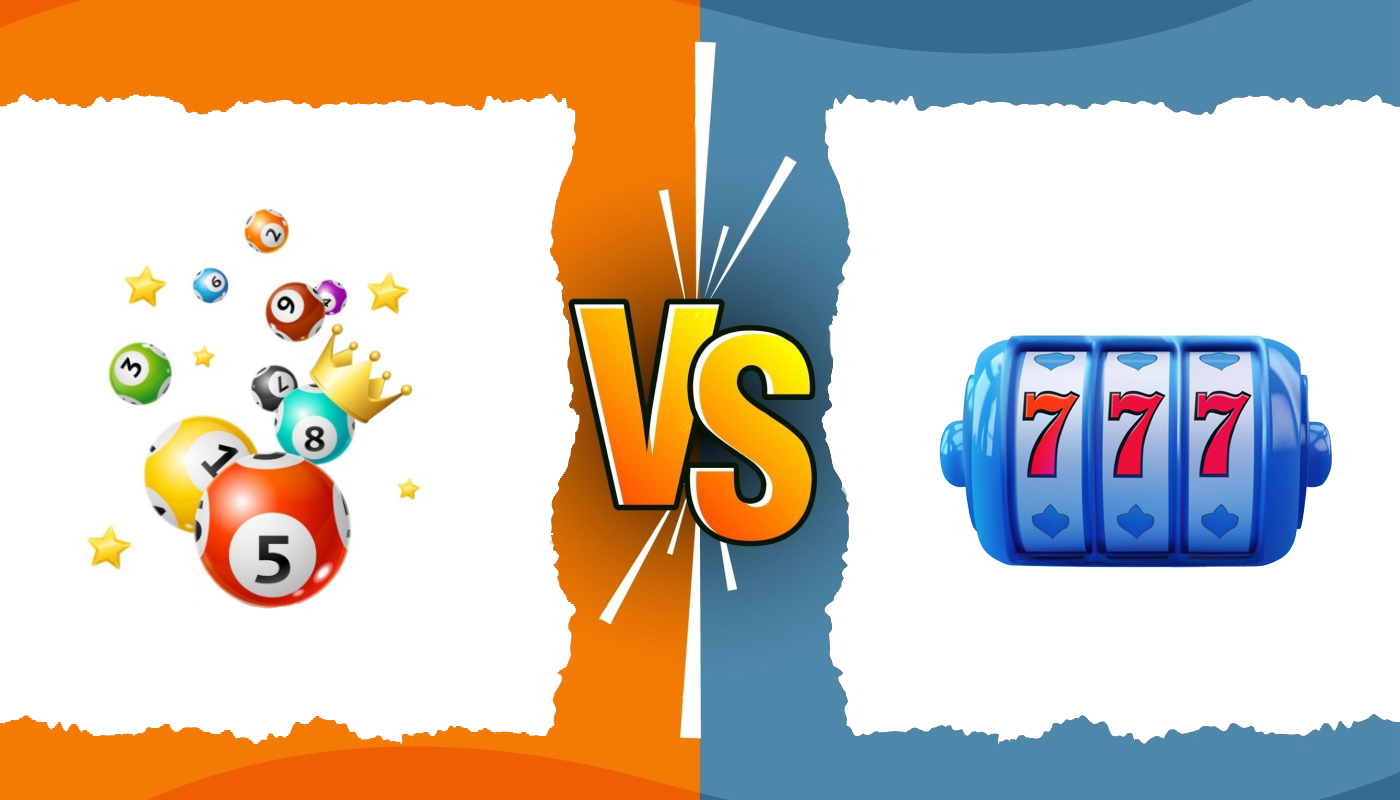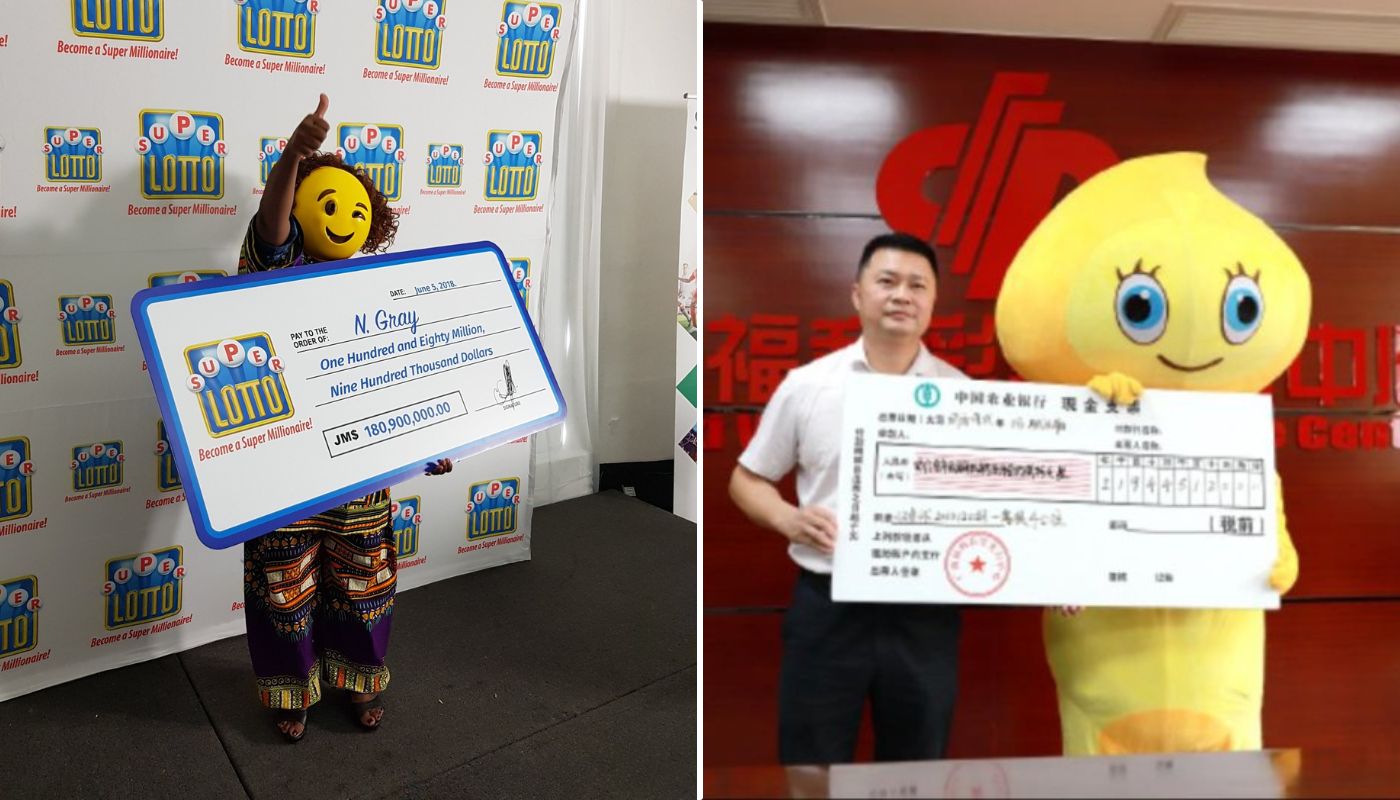
News writer; Opinion columnist
Lottery came to the United States with British colonists and helped finance the revolution that made them Americans.
It survived the once-rabid popularity of horse betting and the inevitable side wagering on the pastimes these new Americans created, like baseball and football.
It survived the birth of a legal casino gambling empire in the Nevada desert and the national advent of legal sports betting after the repeal of the Professional and Amateur Sports Protection Act in 2018.
By all metrics, the lottery is healthy and thriving even with so many legal gaming and legal-ish gaming-adjacent options available in the United States. It figures to remain a vital part of the American gambling landscape as casino companies and budget-conscious politicians begin the next expected push for an expansion of online casino regulation in 2025.
Why? Folks like it. They're used to it. And not everyone has an interest in sports or casino games.
And then there's the matter of where lottery dollars end up. Brendan Bussmann, managing partner of B Global Advisors, told Lottery USA:
Lotteries have the fortune of having longevity and these businesses largely being government-run operations bring a different dynamic than a commercial or tribal-based entity. They have said [that revenues] are going to go to schools, environment, or other things along the way. With gaming, sports betting, and everything else, that sometimes isn't tangible.
Change challenges lottery and other gambling outlets to adapt
But change is inevitable. The evolution of the lottery as a digital product will be very tangible, Spectrum Gaming Group senior policy advisor Michael Pollock told Lottery USA. He said:
The coming year will provide great challenges and opportunities for lotteries across the United States. As lotteries and casinos continue to evolve from separate industries into verticals within the same industry, the opportunities include cross-marketing, allowing iLottery players to earn rewards that can be redeemed at casinos. That tantalizing opportunity will surely benefit both, and will advance public policy in those states by creating more employment opportunities and fiscal growth.
And growth showed no signs of waning so far in 2024.
A report released in June and updated through November by the Bureau of Economic Analysis found that Americans had amassed $611 billion in personal consumption expenditures on gambling through the first three quarters of the fiscal year 2024.
US Gambling Expenditures in 2024:
- Casino gambling accounted for $451 billion of the $611 billion.
- Lotteries came in at $143.6 billion.
- Pari-mutuel receipts lagged at $17 billion.
While each of the categories had shown increases since 2023, the lottery was up more dramatically: 42% better than through Q3 in 2023 and 27% over 2023.
Dustin Gouker, a gambling industry veteran and the principal of Closing Line Consulting, told Lottery USA that online lottery “should be considered a growth vertical at least in terms of retention and acquisition, both for lotteries themselves and online gambling companies.”
How has the lottery fared during U.S. gambling expansion?
Ascertaining an accurate national sports betting handle is impossible given the disparate methods with which states report and because tribal entities are not required to report at all.
But dissecting Michigan's gambling activities is informative because the state offers online and retail sports betting and casino gambling and iLottery.
Through October, according to a Michigan Gaming Control Board, almost $2.1 billion has been wagered on casino games and sports betting.
Although the Michigan Lottery does not issue monthly revenue reports, in 2023, it announced a donation of $1.3 billion to the state School Aid Fund. But consider: under Michigan law, 27% of lottery sales are allocated to the fund. So, lottery players seem to remain loyal even when presented with more legal gambling options. Bussmann stated:
There's somewhat of a typical profile, but all different forms of gaming attract different types of customers. You look at the casino side of the world, some people are slot players, some people are table games players. You look at lotteries, some people are Mega Millions players or Powerball players. Others of them are solely going to be [buying] scratch tickets. It depends on what that person seeks in that form of entertainment along the way.
Recent corporate partnerships signal a possible merging of these cohorts in the future. Online courier app Jackpocket recently announced it had become the “Exclusive & Official Digital Lottery Partner of Barstool Sports,” in a content integration deal similar to the one it entered after its sale to DraftKings in February.
The reach of the bro-centric Barstool brand, even though it failed as a sportsbook, figures to bring the lottery before a new, younger, and coveted demographic. As does DraftKings, which battles FanDuel for sportsbook and daily fantasy primacy in the U.S.
This also elevates a challenge for the broader lottery industry. Responding to public pressure, the sports betting industry leaned hard into responsible gambling measures, especially considering younger bettors who had transitioned quickly from daily fantasy sports. While lottery play doesn't necessarily produce the loss-chasing mentality of skill-based gambling, there is a need to confront compulsive addiction everywhere.
Lottery is a part of the digital push in the U.S.
Bussmann speculated that the continued growth of iLottery might even push back against iCasino incursions in some states by offering the same convenience. Just as apps make sports betting or casino gaming as easy as punching up a rideshare or a pizza, iLottery eliminates a trip to the convenience store.
“iLottery continues to be a thing. It's been shopped in Massachusetts. It's been shopped elsewhere,” Bussmann observed.
Bussmann wonders if iLottery will become “the flavor of the day as opposed to iGaming” in states where both are legally available.
Connecticut, Delaware, Michigan, New Jersey, Pennsylvania, Rhode Island, and West Virginia have legalized online sports betting and casino gambling. Michigan, Pennsylvania, Rhode Island, and West Virginia also offer iLottery.
Gouker asserted that the stubborn notion that online casino gambling would cannibalize business from retail venues has now been debunked, and both forms of lottery can co-exist. He claimed:
There is nothing inherent about lotteries that means that they have to take place in person, other than perhaps the enabling laws. But draw games, like Powerball and Mega Millions, would certainly thrive even more than they do if sales continue to go online. Scratch tickets will still exist in a physical form because people like interacting with a physical product and it can often be an impulse buy at a convenience store. But certainly there's an argument those games would have more of an audience online as well. We've already seen couriers get into this business.
Gouker said that retail ticket-sellers and those offering lottery terminals “won't love this trend, and generally want to keep all of this in their domain rather than seeing their lottery business siphoned off” by online operators.
Even with this consternation, there is stability for lottery operators.
Because even with two huge prizes left for gambling companies on their U.S. sports betting wish list - California and Texas - the gold rush is nearly over. Forty of a possible 51 jurisdictions have legalized. And that gold rush has hardly affected state lotteries fiscally to this point.
Meanwhile, state regulators coast-to-coast are seriously scrutinizing the legality of a sweeps casino rage that's exploded nationally as legitimate iCasino legislation remains a fanciful notion for the future.
And all the while, devoid of sports betting scandals and controversy, lottery tickets keep passing over counters.





















Comments